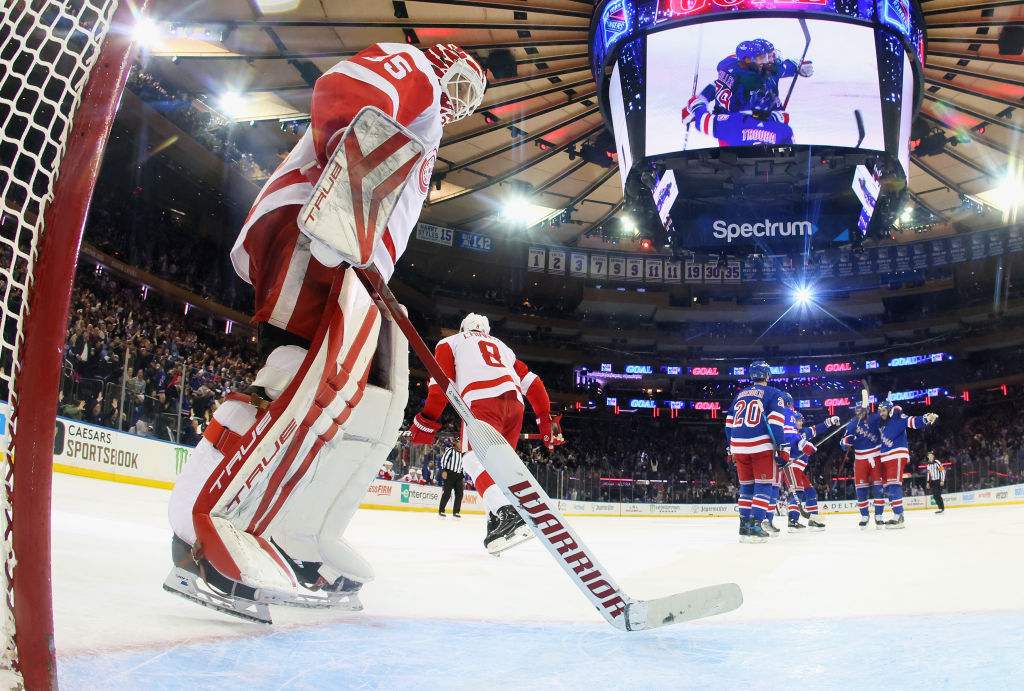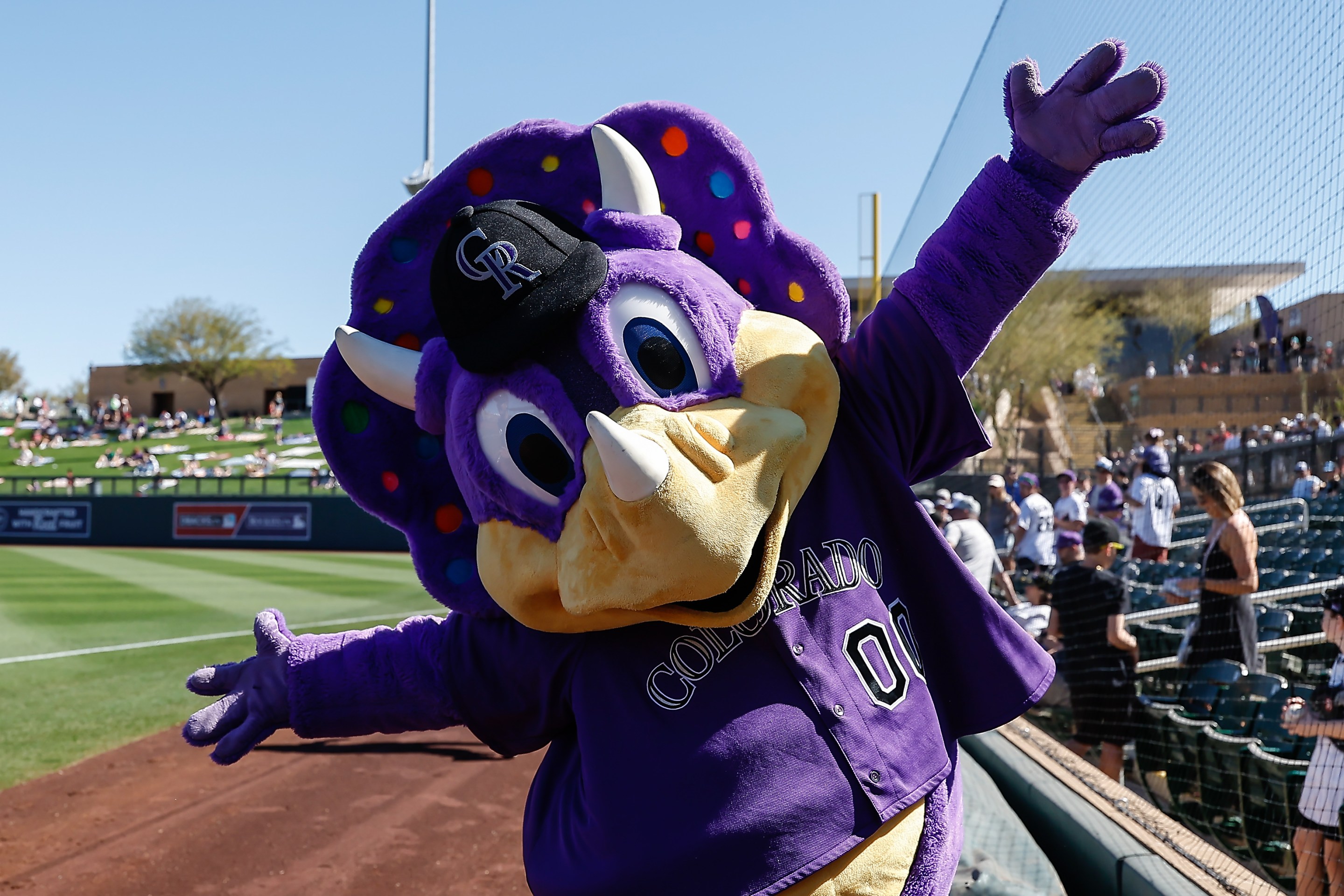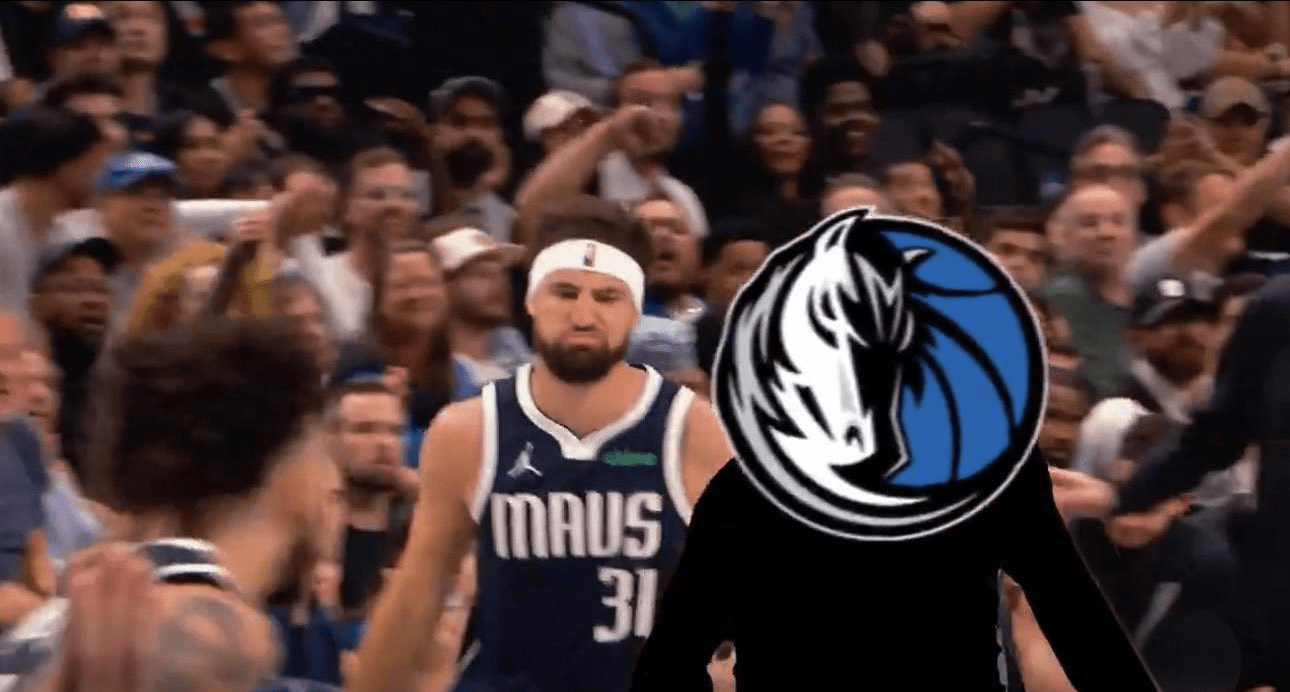At last year's Thanksgiving, following a comprehensive 3-0 win over Nashville, Red Wings captain Dylan Larkin was asked for his thoughts on the team's 10-5-4 record—good enough for third in the division. The reporter who asked the question noted that Thanksgiving is a traditional milestone for teams with bigger goals, and teams in playoff position at the holiday tend to hold on to it all the way through.
“I’m a big believer that when you’re in a playoff spot on Easter it means something then, and that’s what matters," Larkin responded.
He was right to hold off, as his Wings finished out the rest of the season with a disappointing 25-32-6 mark that put them well out of the playoff picture. But here at the end of this November, the postseason talk is already ramping up again in a city that's been starving for an appearance since their long streak was broken back in 2017. On Thanksgiving eve, the Wings returned home from a rocky trip to Sweden and dispatched the Devils, 4-0. On Friday, they got the most impressive win yet of their young year: 5-2 at Boston. And on Sunday, they did what they were supposed to do to the Wild, improving their record to a worthy 11-6-3.
Wednesday night, at the Rangers, was a prime opportunity to add to their momentum. Earlier in the month, New York was the site of the Wings' most embarrassing loss so far—they were down 5-0 at the end of the second—and with this match-up once again on national TV, they had the chance to not only avenge it, but also to announce themselves as a hot and high-functioning team that can regularly handle tough games against fellow playoff clubs.
They did better this time around but still exited the building empty-handed. A tug-of-war draw of a first period gave way to some scoring in the second. Artemi Panarin notched a pretty one off a web of passes on the attack, but Detroit eventually got behind Igor Shesterkin with a power play shot by Mo Seider and, 23 seconds later, a capitalization on some weird traffic patterns in the slot by Robby Fabbri. The Rangers fought back in the third with a K'Andre Miller one-timer and then a rebound off Jimmy Vesey's raised stick. The Wings had a power play with the empty net at the end, but some gritty, body-sacrificing defense by New York denied them overtime. 3-2 was the final.
Ending a three-game win streak on the road against a division leader, while missing Larkin, is nothing to get too upset about. But there's a gigantic emotional difference between the Wings taking two points to extend their success and slipping back just a step in the face of a real challenge. Take away the five straight victories at the start of the season, and this is mostly what the Red Wings have been—win a couple, lose a couple. What they are, after years of irrelevancy, is a team that feels like it's starting to emerge from a rebuild but doesn't quite yet have the results to show for it.
I'll start with the optimist's pitch. The reason why the Red Wings are at least more pleasant to watch is the goals. They're fourth in the league with 3.62 per game, which marks a thrilling improvement over 2.89 last year. The credit primarily goes to Alex DeBrincat, the still-young Michigan native acquired from Ottawa, who instantly formed an effective duo with Larkin, blazed through the opening games, and leads the team with 12 goals.
Adding to the scoreboard is a bounce-back for winger Lucas Raymond after a sophomore slump and several more new signings from the man upstairs, GM Steve Yzerman: Daniel Sprong, who broke out in Seattle last year; J.T. Compher, a vet from a winning culture in Colorado; and Shayne Gostisbehere, who's immediately become a critical defenseman and is most comfortable when he's pushing the puck forward. With the pending addition of Patrick Kane as an insurance scorer, especially given his previous chemistry with DeBrincat, this lineup has a satisfying and newfound depth to it. Their first line actually feels like a legit NHL first line, and that skill dominoes all the way down to a pretty nice gang of fourth-liners who can win their minutes. (If not the president, I'm at least the treasurer of the Klim Kostin fan club.) Kane's arrival and implied endorsement of the team's work also recalls the Wings of old—a legit destination franchise for vets who care more about winning than ice time.
OK. Got all that? Now here's the realist's point of view. First of all, god knows what's going on with these goalies. And although defense hasn't been a critical issue yet, it's not an easy group to buy into. Seider remains underwhelming in light of the sky-high expectations he set as a rookie, and outside of Gostisbehere the rest of the blueliners are aging castoffs or Jake Walman, who still has to prove he can swim in the deep end.
The aesthetics are better than last year, because those Wings played too many games where they had to drag goals out of their forwards like they were golden retrievers holding tight to a shoe, But Detroit's shooters are benefiting more than anyone but Vancouver from bad opposing goalies, and those Canucks are already starting to hit more treacherous waters. The Wings are a concerning 20th in the league in shots per game, specifically because their middle-class players—Compher, David Perron, Andrew Copp—are getting pinned to the back wall when they're out on the ice. Kane's arrival might soothe this problem somewhat, but with the injuries and age, maybe he's more of a Mike Modano–type signing, better at selling jerseys than scoring goals. Also, fuck Patrick Kane!
Balancing these two arguments, I'm confident that the Red Wings won't suddenly bottom out, and I expect them to play meaningful games into spring. But I'm also timid about their future. If Detroit has a problem, it's that they're missing the sheer blinding talent that allows an NHL team to weather some flaws. When you don't get lucky with a couple of top lotto spots—and even when you do!—it's a pain in the butt to create piecemeal an effective roster where almost every guy meaningfully contributes. Yzerman has slowly and conservatively tried to build this roster back up. But not all of his choices have been good ones, and many players (maybe even most) have had rocky developments. The line is slowly creeping upward, but the smart play is still with Larkin: No celebrations until Easter.





